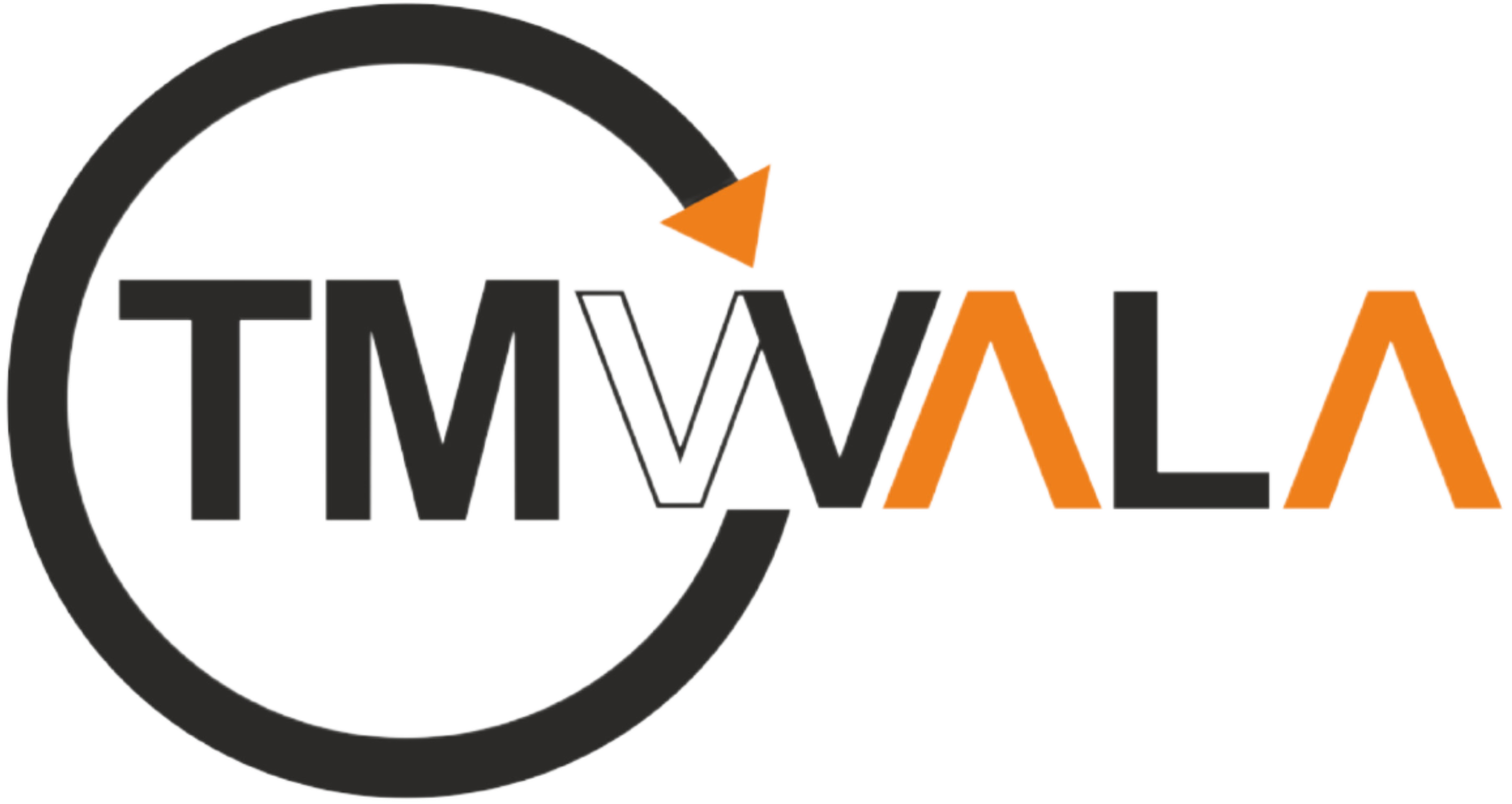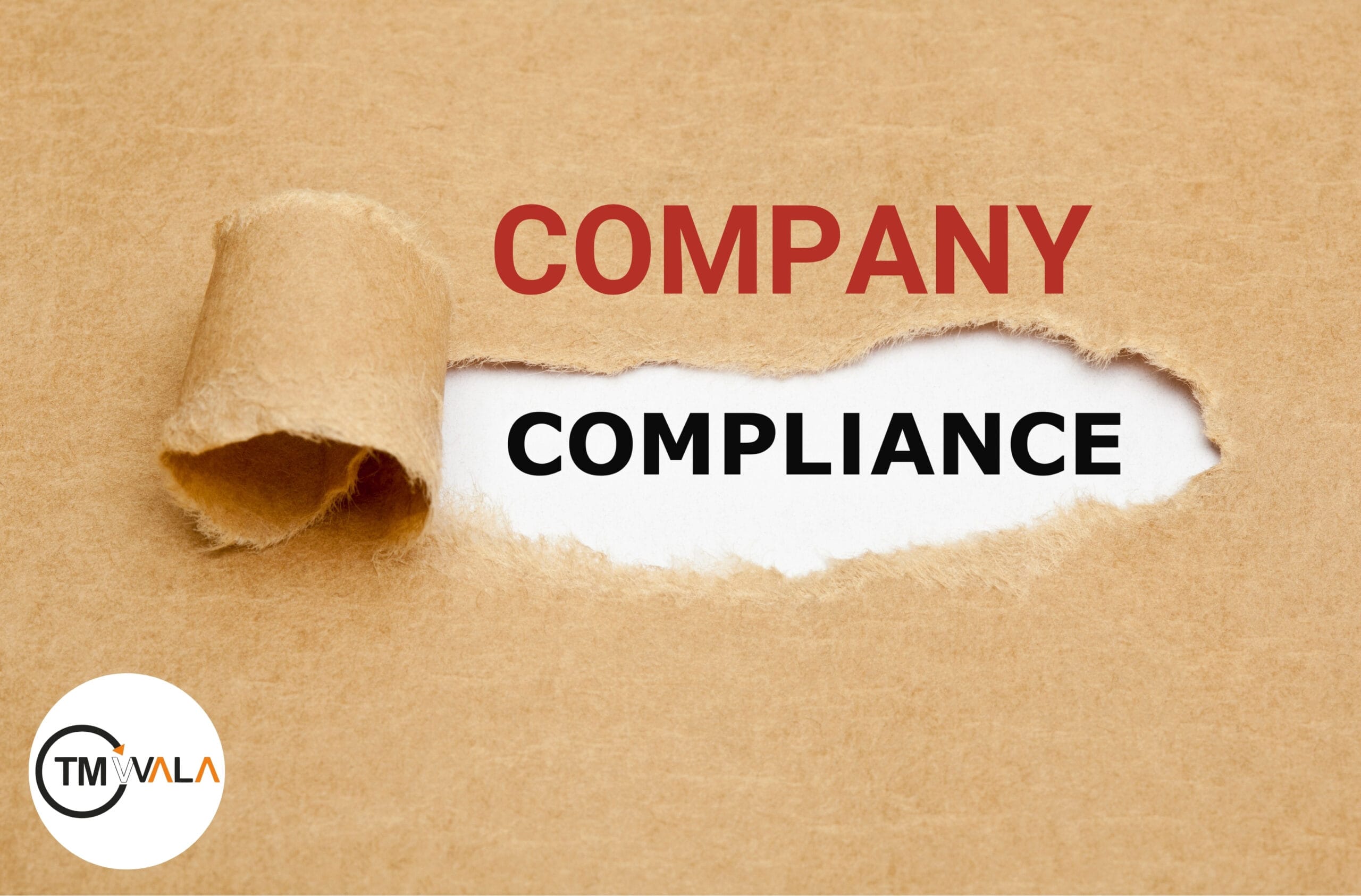Compliance for Private Limited Company
Compliance is all about playing by the rules! For a private limited company incorporated in India, it’s crucial to adhere to the Companies Act 2013, especially the obligations to the Registrar of Companies (RoC). This act covers everything from appointing directors to conducting board and shareholder meetings. Compliance with RoC regulations is a must for every private limited company, regardless of size or capital.
Let’s Dive into Compliance!
ROC Compliance for Private Limited Companies
- These obligations align with the regulations set by the Registrar of Companies (RoC) and the Companies Act.
- ROC compliance is crucial for companies operating in India and includes annual, event-based, and other essential compliances.
Non-Registrar Compliance
- These are regulatory obligations outside the ROC’s purview but essential for lawful operations, such as tax payments and various periodic returns.
ROC Compliance for Private Limited Company
Annual Compliance
- INC-20A: Declaration for Commencement of Business
For companies registered post-November 2019 with share capital, securing a Commencement of Business Certificate within 180 days of incorporation is mandatory. Failure to do so results in hefty penalties.
- Appointment of Auditor and Filing E-form ADT-1
The first auditor must be appointed within 30 days of incorporation and ratified at the first AGM. Form ADT-1 must be filed within 15 days post-AGM.
- Board Meetings
The first board meeting should be within 30 days of incorporation, with at least four meetings annually.
- Annual General Meeting (AGM)
The first AGM should be within nine months of the first financial year’s closure. Subsequent AGMs must be within six months of the financial year-end.
- Annual ROC Filings
Key filings include AOC-4 (financial statements), MGT-7 (annual returns), and DIR-3 KYC (Director KYC updates).
Other Compliance Forms
- DIR-12: For director appointments/resignations.
- DPT-3: For annual deposit details.
- Directors’ Report: An abridged report must be prepared.
- Maintenance of Statutory Registers and Books of Accounts: Must be maintained and updated regularly.
- Circulation of Financial Statements: Must be sent 21 days before the AGM.
Here’s a quick summary of annual compliances for a private limited company:
| **Compliance** | **Due Date** |
| Commencement of Business Certificate | Within 180 days of incorporation |
| Appointment of Auditor (ADT-1) | Within 15 days of AGM |
| Board Meetings | As per schedule |
| Annual General Meeting (AGM) | Within 9 months from financial year-end |
| INC-20A | Within 180 days of incorporation |
| AOC-4 | Within 30 days of AGM |
| MGT-7A | Within 60 days of AGM |
| DIR-12 | Within 30 days of appointment/resignation |
| DIR-3 KYC | By September 30th each year |
| MGT-14 | Within 30 days of passing the resolution |
| DPT-3 | By June 30th each year |
| Directors’ Report | At least 21 days before AGM |
| Maintenance of Registers and Accounts | Throughout the financial year |
| Circulation of Financial Statements | At least 21 days before AGM |
Compliances Based on Events
Specific instances requiring compliance include:
- Changes in authorized or paid-up capital.
- New share allotments or transfers.
- Loans to companies or directors.
- Opening or closing bank accounts.
- Changes in statutory auditors.
Failing to file the required forms on time can result in penalties, so timely compliance is crucial!
Non-Registrar Compliance
Essential regulatory obligations outside the ROC’s purview:
- Periodic Tax Payments: GST, TDS, TCS, Advance Tax, and Professional Tax.
- Periodic Returns Filing: GST returns, TDS returns, Income Tax returns, Tax Audit Report, ESIC returns, PF returns, and PTax returns.
- Regulatory Assessments and Reporting: Compliance under various acts such as the Environment Protection Act, Competition Act, and Factory Act.
Penalties for Non-Compliance
Non-compliance with the Companies Act can result in penalties for both the company and its defaulting members. This typically involves fines and additional fees for delays in annual filings.
Simplify TMWALA Compliance for Companies
With TMWALA, managing compliance is a breeze! Here’s how we help:
- Platform for LEDGERS Compliance: Use our platform to effectively manage your compliance tasks.
- Dedicated Advisor: Your business will be assigned a Compliance Manager who will serve as a single point of contact for all compliance-related issues.
- Accounting Services: We assist with financial statement preparation and account maintenance.
- Support for Secretarial Services: Directors’ reports, Annual Reports, AGM minutes, and board meetings.
- Filing Your MCA Annual Return: We draft and submit your MCA annual return.
- Paying Income Taxes: We can assist you with filing income tax returns, even if your business is dormant.
Ready for hassle-free compliance? Let TMWALA be your trusted partner. Get started today and experience smooth compliance management!
Important FAQs
1. What is ROC compliance for a private limited company?
ROC compliance involves adhering to the regulations set by the Registrar of Companies and the Companies Act, 2013. This includes mandatory filings, meetings, and documentation required for lawful operation in India.
2. What are the key annual compliances for a private limited company?
Key annual compliances include:
- INC-20A: Declaration for Commencement of Business
- Appointment of Auditor: File E-form ADT-1
- Board Meetings: At least four annually
- Annual General Meeting (AGM)
- Annual ROC Filings: AOC-4 (financial statements), MGT-7 (annual returns), and DIR-3 KYC (Director KYC updates)
3. When should the Annual General Meeting (AGM) be held?
The first AGM should be held within nine months of the closure of the first financial year. Subsequent AGMs must be conducted within six months of the financial year-end.
4. What is the deadline for filing the INC-20A form?
The INC-20A form must be filed within 180 days of incorporation to obtain the Commencement of Business Certificate.
5. How often should a private limited company hold board meetings?
A private limited company must hold its first board meeting within 30 days of incorporation and at least four board meetings annually.
6. What forms need to be filed for annual ROC compliance?
Key forms include:
- AOC-4: Financial statements
- MGT-7: Annual returns
- DIR-3 KYC: Director KYC updates
- ADT-1: Auditor appointment
- DIR-12: Director appointments/resignations
- DPT-3: Annual deposit details
7. What are the penalties for non-compliance with ROC regulations?
Non-compliance can result in hefty penalties, including fines and additional fees for delays in annual filings. Both the company and its defaulting members may be penalized.
8. What is non-registrar compliance?
Non-registrar compliance includes regulatory obligations outside the purview of the ROC, essential for lawful operations, such as tax payments (GST, TDS, TCS), periodic returns filing (GST returns, TDS returns, Income Tax returns), and compliance under various acts (Environment Protection Act, Competition Act).
9. What are the requirements for maintaining statutory registers and books of accounts?
Statutory registers and books of accounts must be maintained and updated regularly throughout the financial year as per the Companies Act, 2013.
10. How can TMWALA help with compliance for private limited companies?
TMWALA offers a platform for managing compliance tasks, provides a dedicated Compliance Manager, assists with financial statement preparation and account maintenance, supports secretarial services, drafts and submits MCA annual returns, and helps with filing income tax returns.














